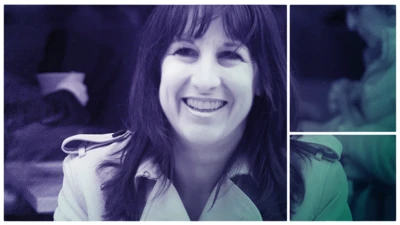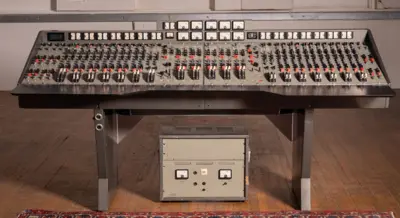We've updated our Privacy and Cookies Policy
We've made some important changes to our Privacy and Cookies Policy and we want you to know what this means for you and your data.
Where the NHS is getting it right
Hospitals in England are being warned to investigate higher than expected death rates.
Overall, more than a quarter have been warned about their performance by research group Dr Foster.
And weekend care has also been branded as risky with death rates jumping by 10% compared to weekdays.
But it is not all bad news. Among the worrying statistics are examples of good practice.
Why London is top of the pile for stroke care
If you are going to have a stroke, London is probably the best place in the world to have one.
Services are provided from eight "super sites" that guarantee expert, round-the-clock care.
All patients suspected of having a stroke are taken to one of the centres, which were formed in early 2010 after an overhaul of the system.
Previously 30 hospitals were involved in providing care, but it meant that patients did not always get the expert care they needed.
Now all are assessed by stroke specialists and given brain scans within 30 minutes of arrival. This allows medics to ensure they get the right treatment in time.
And this has, unsurprisingly, resulted in a fall in death rates. Since the changes were introduced the numbers dying within seven days of admission have fallen by a quarter.
Tackling the ageing population head on
Elderly patients are a major part of many hospitals' workload - and Poole Hospital in east Dorset is no different.
In the past year it has revolutionised the way they are treated through the creation of a dedicated assessment unit for older people
The unit - known as rapid assessment and consultant evaluation - is staffed seven days a week by senior doctors, nurses and therapists who are specially trained in treating older people.
All patients receive a comprehensive assessment and an emergency clinic is on hand to deal with the most complicated conditions.
Nearly one in three patients are assessed, treated and discharged within 48 hours, while the average length of stay has reduced from 12 days to nine.
But the reach of the unit does not stop there.
Dr Matt Thomas, a consultant geriatrician, said: "The ward sister follows up the frailer patients by telephone the day after they have gone home to check that they are safe and well supported and help to relieve any anxieties."
Applying 'total football' to emergency care
East London's Homerton Hospital likes to compare its acute care team to the Dutch 'total football' movement of the 1970s.
The Holland team led by Johan Cruyff had a group of footballers able to step into any position.
The Homerton team, which runs a 40-bed unit, is similar in the respect they have the staff available 12 hours a day to ensure nearly any adult emergency patient can be seen quickly.
The team includes a range of consultants, from surgeons and anaesthetists to urologists and orthopaedic doctors, as well as a host of nurses.
Within 48 hours half of patients are discharged or transferred to other parts of the hospital which can provide longer-term, specialist care.
Dr John Coakley, Homerton's medical director, said it has proved a huge success since it was set up four years ago.
"It has meant patients are seen more quickly by experienced consultants. And this is available for much longer than just the traditional nine to five."
Top Stories
More to explore
Most read
Content is not available








